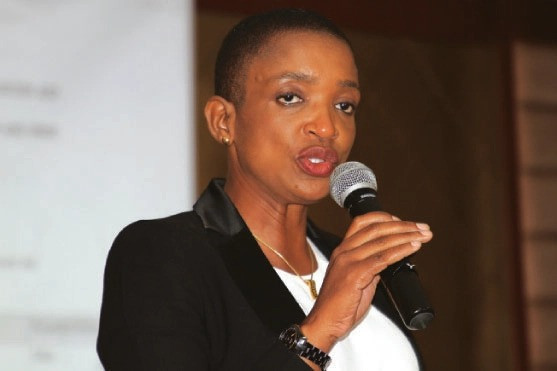
TOURISM and Hospitality Industry minister Barbara Rwodzi says meetings, incentives, conferences, and exhibitions (Mice) were driving receipts and investments into tourism.
This comes as the government believes the sector is now a US$5 billion-dollar industry under its National Tourism Recovery and Growth Strategy, which seeks to achieve this economic valuation by next year.
However, experts believe the industry is still far from achieving this valuation owing to declining investments, exchange rate volatility, high costs, an unfavourable national image, and pricy tourism packages.
Investments into the tourism sector dropped by a huge 45% to US$172,2 million last year, from 2022, despite a 27% increase in tourism receipts to US$1,14 billion.
In 2022, investments were US$312,5 million while tourism receipts were US$911 million.
“Tourism is a major contributor to the country’s GDP (gross domestic product), and we are happy that we achieved our US$5 billion-dollar target,” Rwodzi said, at the just-ended five-day Hospitality Association of Zimbabwe Leadership Summit, held in Masvingo last week.
“This was mostly achieved through receipts and investments, with Mice being the biggest contributor; this shows how much of a big and lucrative sector we are.”
She, however, acknowledged the impact of the volatile currency and economy on the industry.
- Zim headed for a political dead heat in 2023
- Record breaker Mpofu revisits difficult upbringing
- Tendo Electronics eyes Africa after TelOne deal
- Record breaker Mpofu revisits difficult upbringing
Keep Reading
“I understand the issues of devaluation, the taxes, the volatile economy. We are lobbying for the Zimbabwe Tourism Fund, which we believe will help the sector, especially operators, in terms of loans,” Rwodzi added.
Tourism Business Council of Zimbabwe (TBCZ) president Clive Chinwada called for a review of the utilisation of the 2% tourism levy, highlighting the potential for greater impact on the industry.
The levy is charged on tourists visiting the country, collected by tourism players, and paid to the Zimbabwe Tourism Authority (ZTA) which it mostly uses to fund its activities.
Chinwada expressed concern over the current utilisation of the levy.
“We are collecting money on behalf of ZTA, so because we are collecting, we are stakeholders ultimately. Now that we have collected, it should be utilised. The remit of how the 2% should be used ultimately is I think where the issue is, but we are collecting,” Chinwanda said.
“So, because we are collecting, we are stakeholders ultimately. And now that we should have collected, it should be utilised.”
He drew parallels with South Africa, where the 2% tourism levy is voluntary, yet, despite this, the Tourism Business Council of South Africa collects significantly more funds than TBCZ.
This, according to the TBCZ president, is due to the effective utilisation of the levy.
The president emphasised the need for a stronger TBCZ to effectively advocate for the tourism industry.
“We gave ourselves a goal. And the goal is to adequately—to have an adequately resourced and capacitated TBCZ. We should be able to champion the interests of the tourism business,” Chinwanda added.
According to ZTA, tourism receipts rose by 24% in the first half of the year to about US$493 million, from a comparative of US$398 million in 2023.










